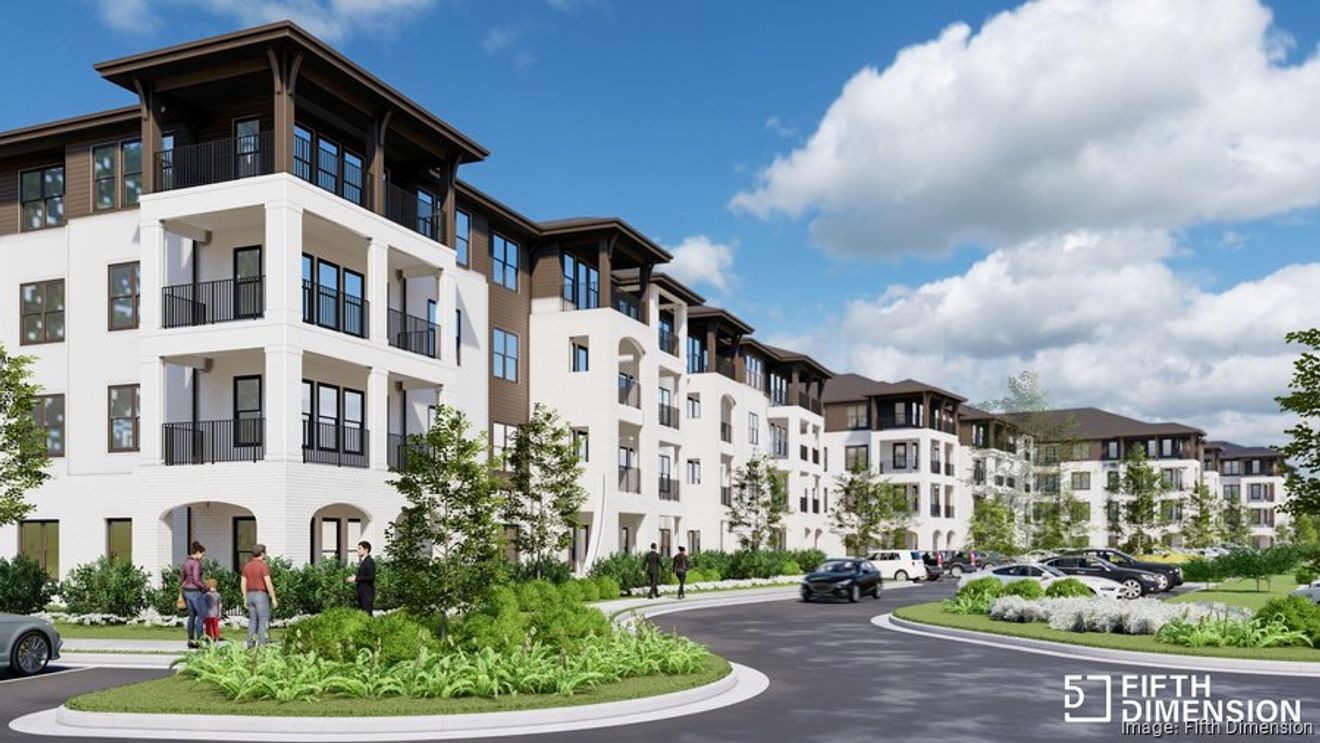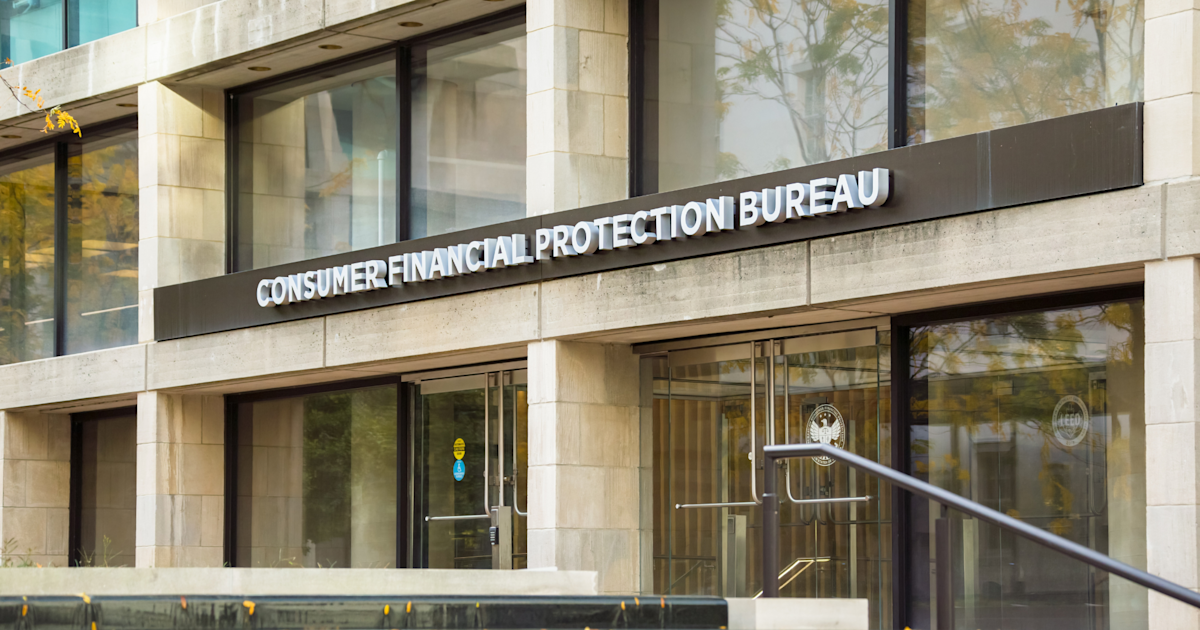M
iami-Dade's new property appraiser, Tomás Regalado, a former city mayor, believes it's time to factor climate change into property values, potentially leading to lower tax bills for vulnerable homeowners. In his inaugural address, Regalado proposed shifting the focus from "highest and best" use of properties to consider location, climate change, and insurance costs. This approach could benefit residents in areas prone to flooding or other climate-related issues.
Regalado's office currently bases property values on what can be built under existing zoning rules, but he argues that this method doesn't account for the impact of climate change. He cited his office's recent decision to drop opposition to lower property values as a step towards implementing this new approach.
The Property Appraiser's Office typically seeks to increase property values to boost tax revenues, which fund Miami-Dade governments, including police and schools. Regalado's proposal marks a departure from this practice, aiming to make the office more proactive in addressing climate-related concerns.
Regalado was sworn in on January 7 along with two other newly elected Republican officials: Alina Garcia, the county's new elections supervisor, and Dariel Fernandez, the new tax collector. All three were born in Cuba and took part in a Republican sweep of countywide offices in November.
In their inaugural speeches, Garcia and Fernandez outlined their goals for their respective offices. Fernandez plans to expand services by installing motor-vehicle registration kiosks in local grocery stores, making it easier for residents to renew their licenses. Garcia pledged to deliver fair elections in Miami-Dade, citing the importance of protecting American democracy and the freedom to vote.












